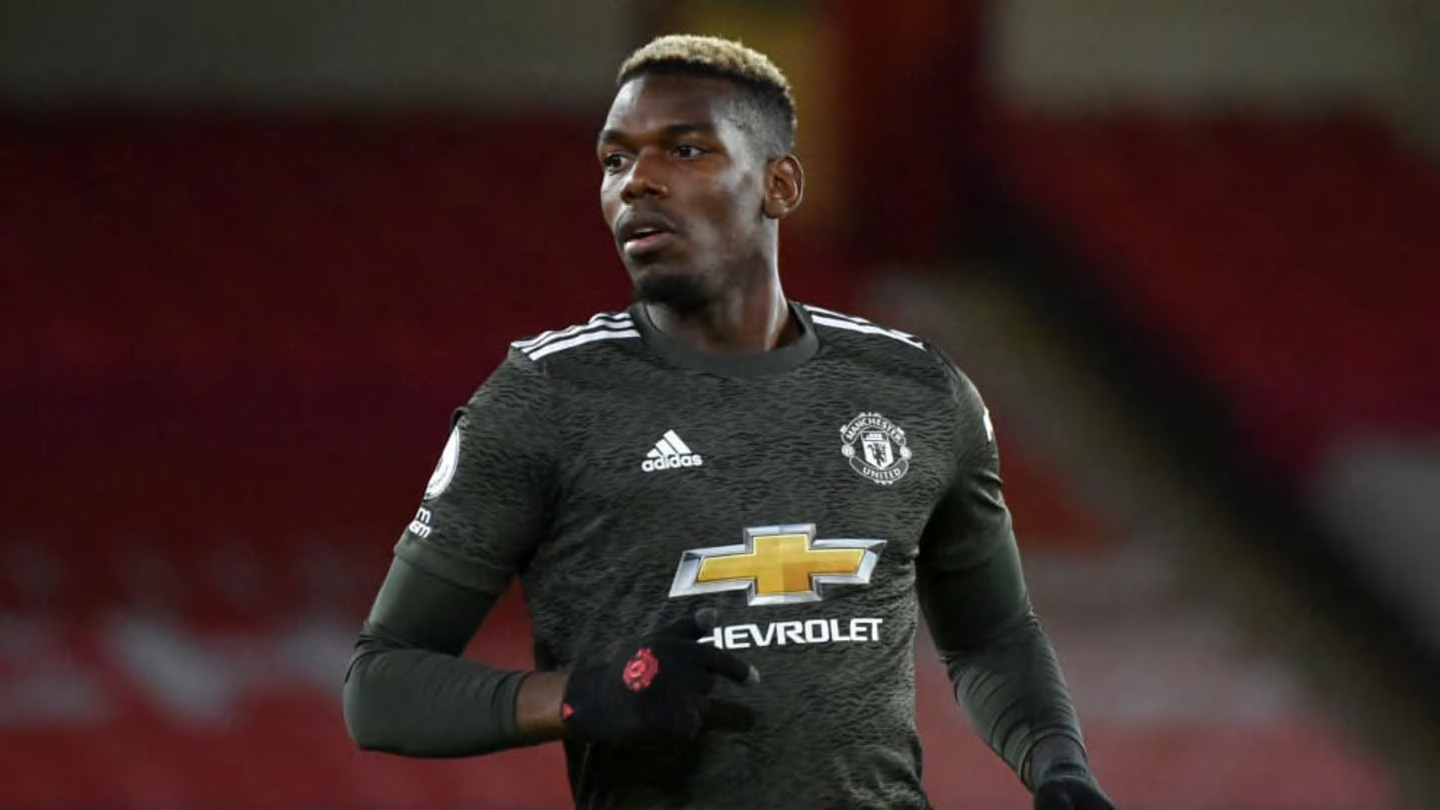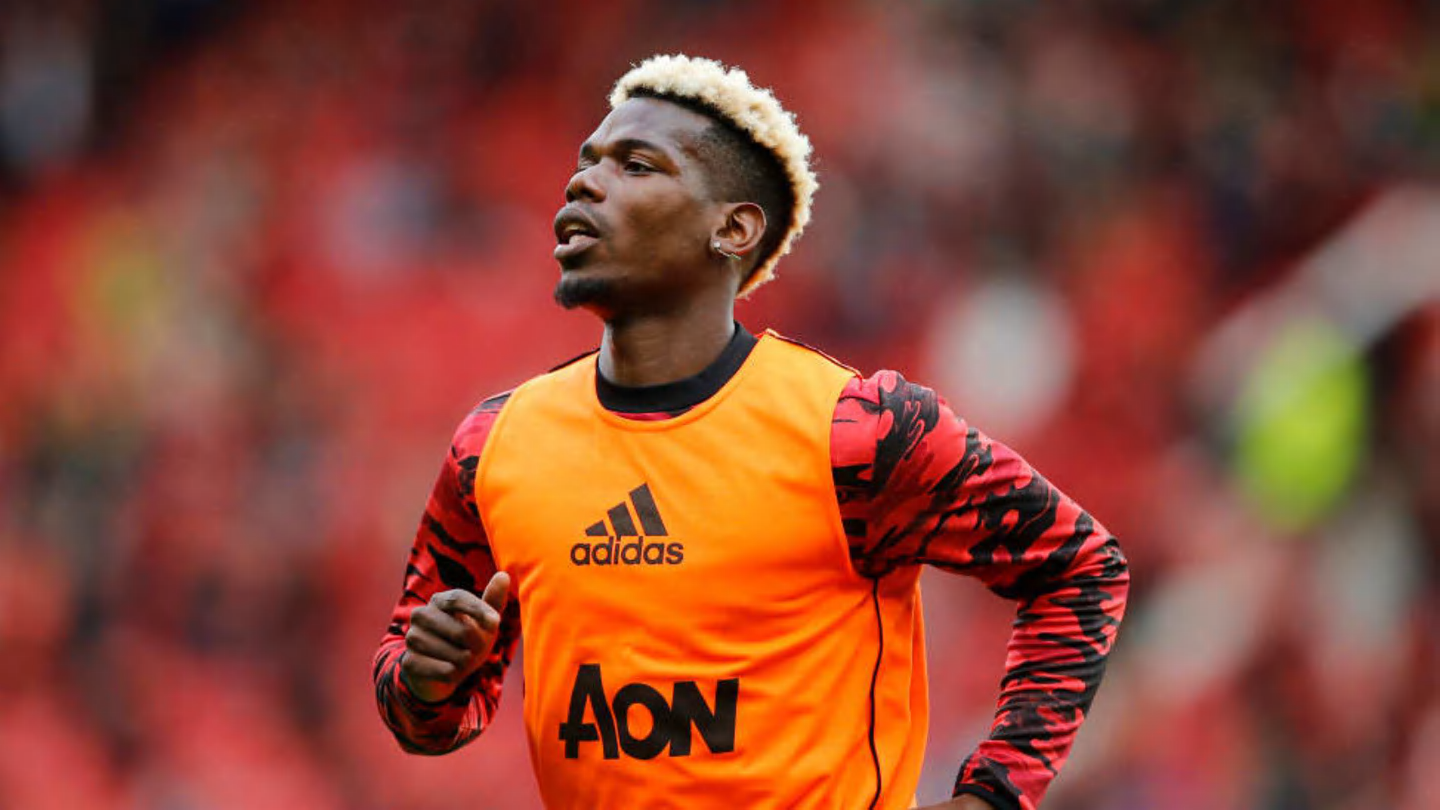Paul Pogba was supposed to be the player to bring success back to Manchester United following his 2016 return from Juventus for a then world-record transfer fee of close to £90m.
At that time, it had only been three years since United were last crowned Premier League champions and the appointment of serial trophy winner Jose Mourinho as manager was supposed to beckon the start of a new era of success – aside from Pogba, the club also brought in Zlatan Ibrahimovic and Henrikh Mkhitaryan that summer.
But Pogba hasn’t won anything since an EFL Cup and Europa League double in his debut season and looks increasingly likely to leave Old Trafford for the second time as he runs down his contract and considers the options for what will be the final stage of his career.
If he decides against signing a new contract, which would give him his pick of clubs next summer as a free agent, United must consider selling him to the highest bidder this year to avoid losing him for nothing. In the circumstances, under £50m might be the best they can hope to get.

Should Pogba leave now, he would unquestionably do so having not fulfilled the expectations of his 2016 arrival.
The Frenchman has often been United’s best player over the last five years. But his price tag made him an easy target for criticism when the team as a whole underperformed, while regular transfer speculation (something he did little to quell at times) was difficult to escape. He also missed a lot of the 2019/20 season through injury.
Pogba is one of the best midfielders in the world and has been for years. The problem is that he has been at United at the wrong time, when the club has been in a never-ending period of transition. No player can carry an otherwise average team to success at club level, which is no reflection on that player, and it would be unfair to think otherwise.
Until 2019, United never had a clear strategy. There was no overarching plan. David Moyes inherited a team past its best, Louis van Gaal wanted his own set of players for a completely different vision, and so did Jose Mourinho. By the time Pogba arrived, the United squad was a concoction of multiple different managerial regimes and not built with any long-term vision.

Mourinho’s assertion that finishing second in the Premier League in 2017/18 was among his best managerial achievements of a career that has yielded multiple domestic league and Champions League titles sounded ridiculous at the time, but in hindsight was perhaps more accurate than it originally seemed.
Pogba has been at United at precisely the wrong time because it is only now that the transitional stage is coming to an end. The targeted recruitment planning in place since 2019, the work of Ole Gunnar Solskjaer and the renewed commitment to the club’s philosophy underpinning it all, is promises to make United competitive in a way they haven’t been for nearly a decade.
For Pogba it is too late. He has given what should have been the best five years of his career to United and has precious little to show for it. At 28, his next contract, whether in Manchester or elsewhere, may well be the last big one of his career and he has to make sure it is the right one.
United would have to pay big money, perhaps as much as £400,000 per week, to keep him and it is arguably not a sound long-term investment on their part, especially when there remain doubts about his best position and exactly how he fits into the team. Pogba, on the other hand, has a duty to do right by him and, even though United are getting better, he doesn’t have time to waste.

Pogba re-joined United when he was 23. If that transfer was happening now, it would be perfect for both player and club, linking up with an exciting and vibrant young squad. He was just a bit too early and United got their act together too late.
Sadly, a reluctant parting of ways is now probably in the best interest for each party.
For more from Jamie Spencer, follow him on Twitter and Facebook!
Source : 90min